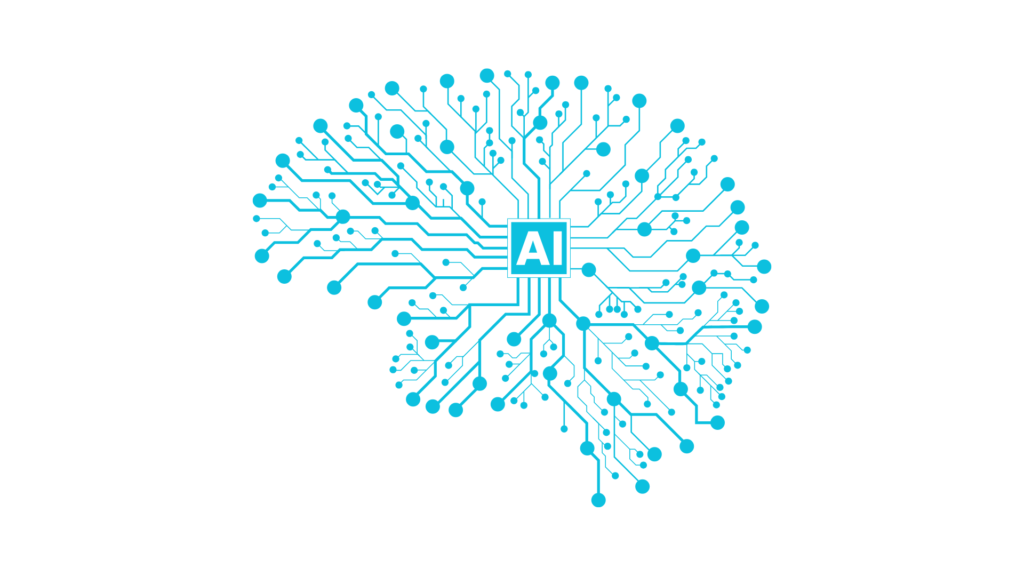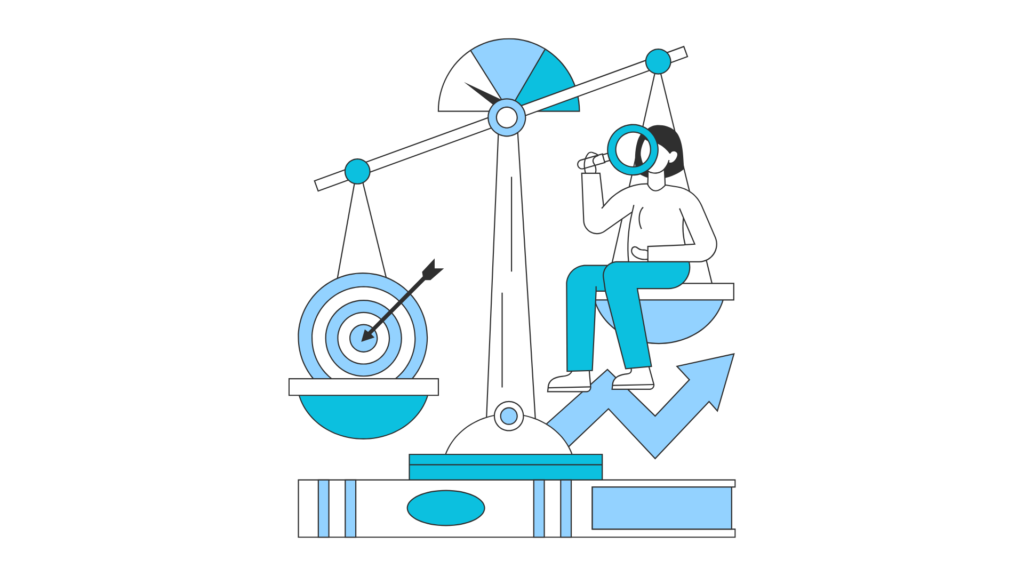
Artificial Intelligence (AI) and automation are transforming industries worldwide, reshaping how tasks are performed and redefining the job market. From manufacturing to customer service, AI-driven systems are streamlining operations, improving efficiency, and reducing costs. While automation offers numerous benefits, it also raises concerns about job displacement and the evolving role of human workers. The future of work will be defined by how industries and individuals adapt to this technological shift. Let’s explore key aspects of AI-driven job automation and what lies ahead.

AI-powered automation is replacing repetitive and manual tasks but is also creating new opportunities.
– Automation Impact: Routine jobs in industries like manufacturing, retail, and logistics are increasingly handled by robots and AI systems, reducing the need for human labor in these areas.
– New Opportunities: As automation takes over repetitive tasks, new roles emerge in AI development, data science, cybersecurity, and human-AI collaboration. According to the World Economic Forum, AI is expected to create millions of new jobs while transforming existing roles.

Instead of replacing workers, AI is enhancing human capabilities in many fields.
– AI as a Tool: AI-powered assistants, chatbots, and predictive analytics tools are improving productivity in sectors such as healthcare, finance, and customer service.
– Example: In medicine, AI-powered diagnostics help doctors analyse medical images faster, allowing them to focus on complex decision-making rather than routine analysis.

To stay relevant in the AI-driven economy, workers must acquire new skills and adapt to technological changes.
– Importance of Lifelong Learning: Organisations and governments are investing in reskilling programs to help workers transition into tech-focused roles.
– Key Skills: Critical thinking, data analysis, programming, and AI literacy are becoming essential for the future workforce. Fields like AI ethics and human-AI interaction will also gain importance.

The rise of AI automation raises concerns about fairness, inequality, and the role of humans in the workforce.
– Job Market Inequality: AI could widen the gap between skilled and unskilled workers, making it crucial for policymakers to implement fair transition strategies.
– Human-Centric AI: Companies are focusing on ethical AI that works alongside humans, ensuring a balanced approach to automation rather than full workforce replacement.

AI-driven automation is reshaping industries and redefining work, bringing both challenges and opportunities. While job displacement is a concern, the shift toward AI-augmented work and new job creation offers hope for a balanced future. The key to navigating this transformation lies in education, upskilling, and ethical AI deployment. By embracing AI as a tool for progress rather than a threat, industries and individuals can thrive in the evolving landscape of work. The future of AI and job automation will depend on how well we adapt to these changes and harness AI’s potential for economic and social growth.
